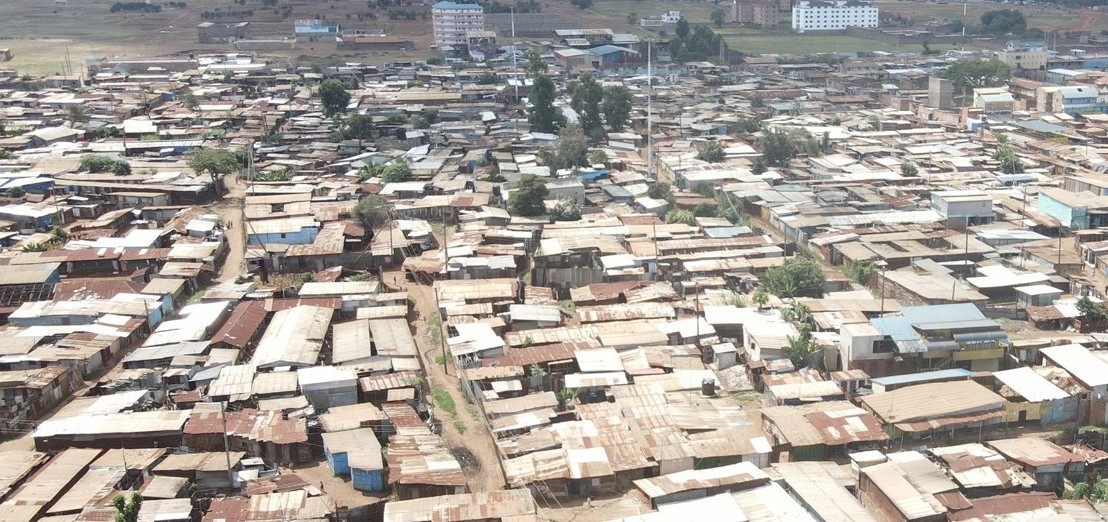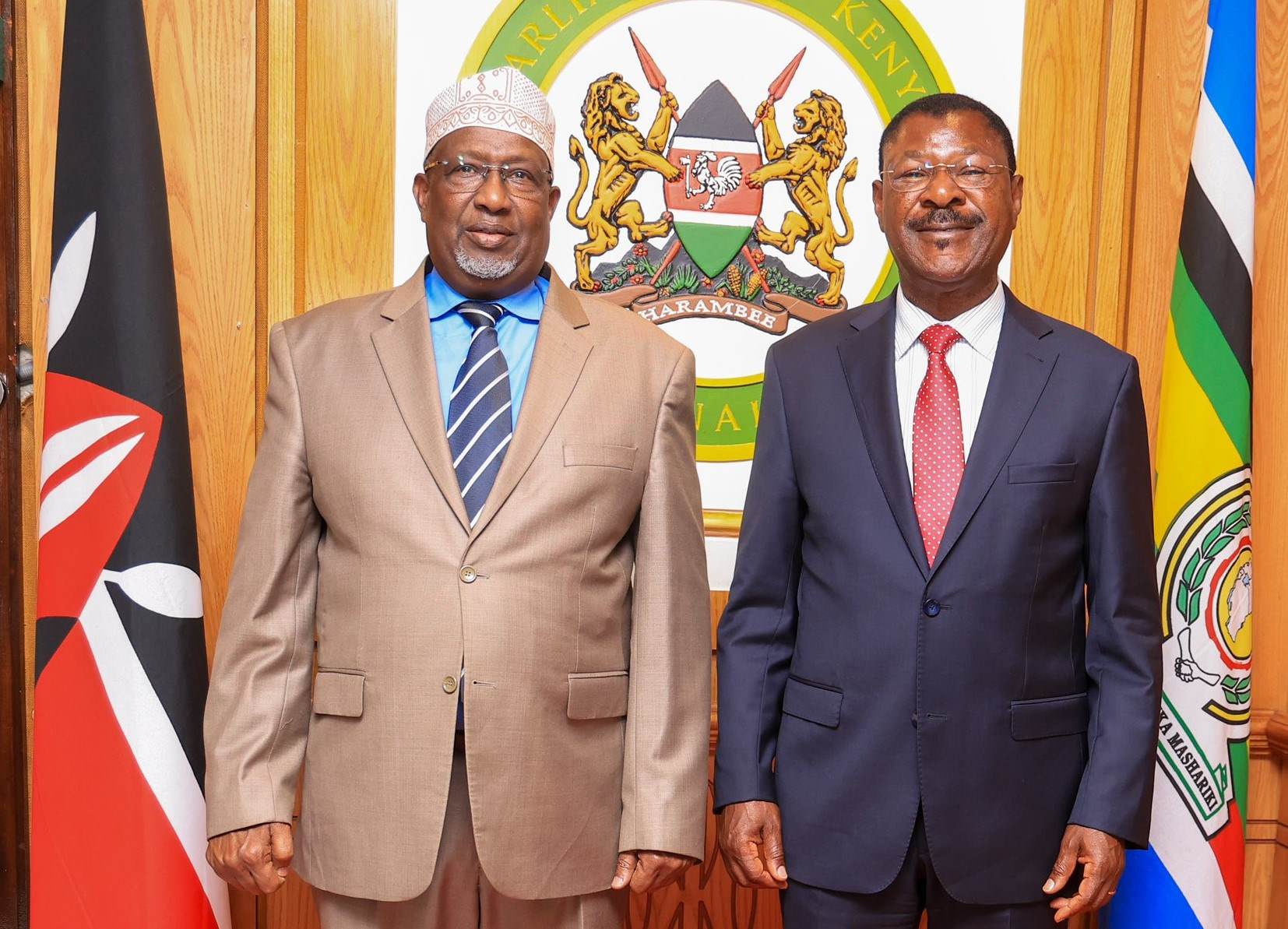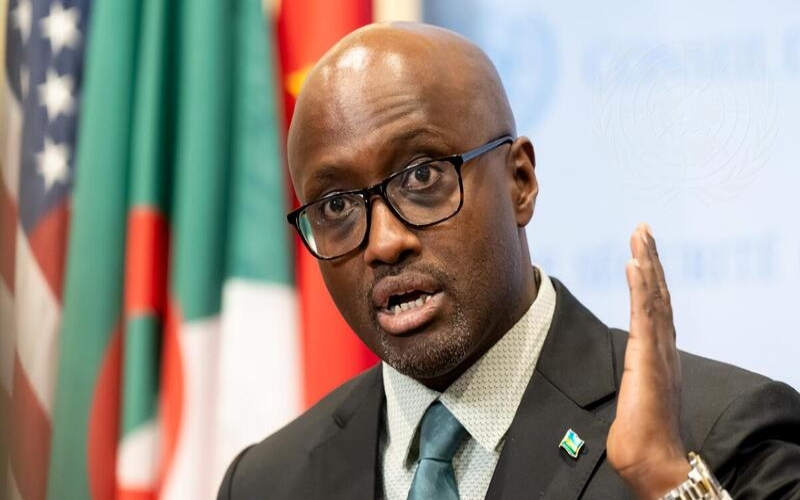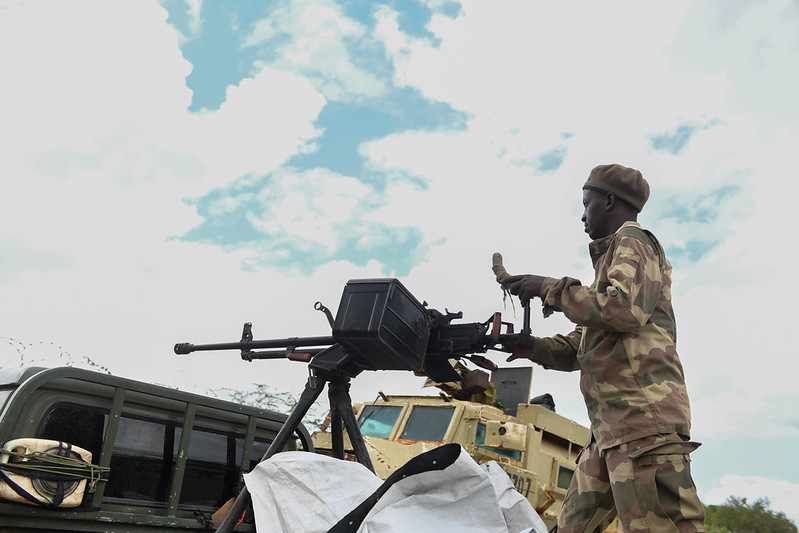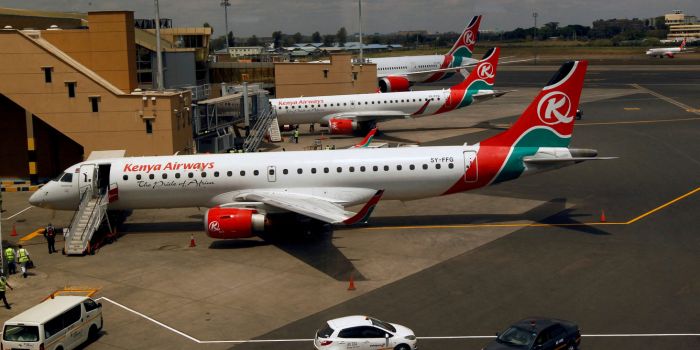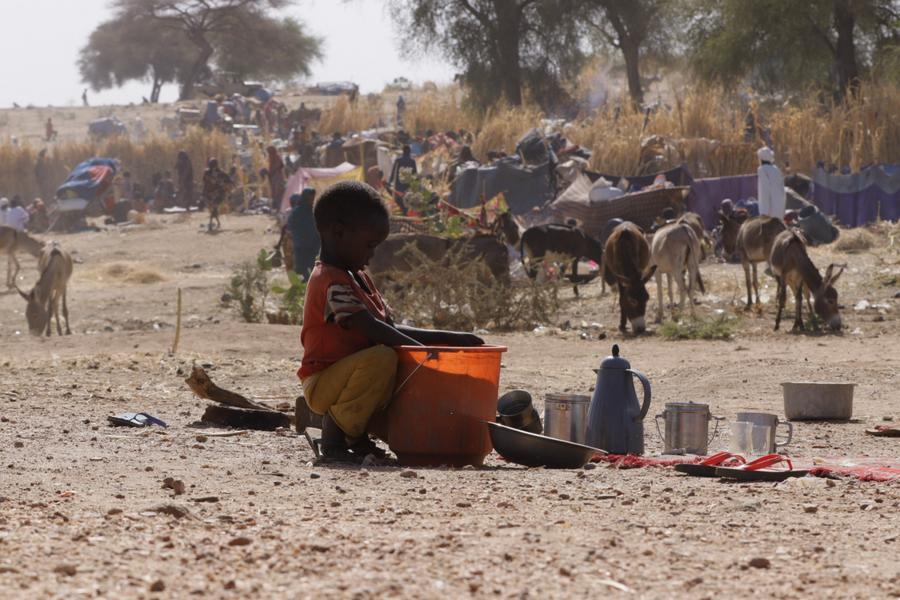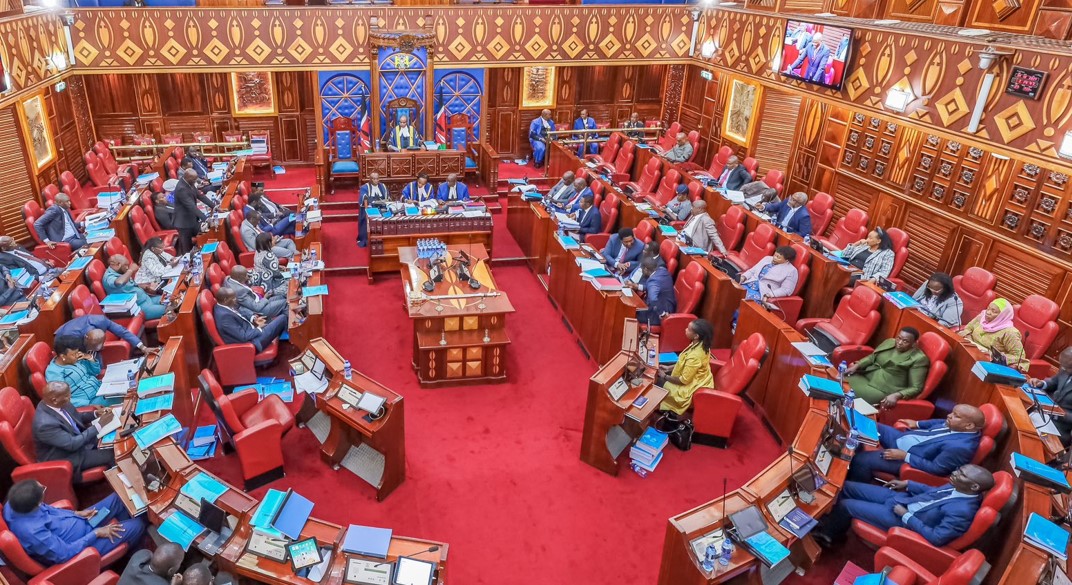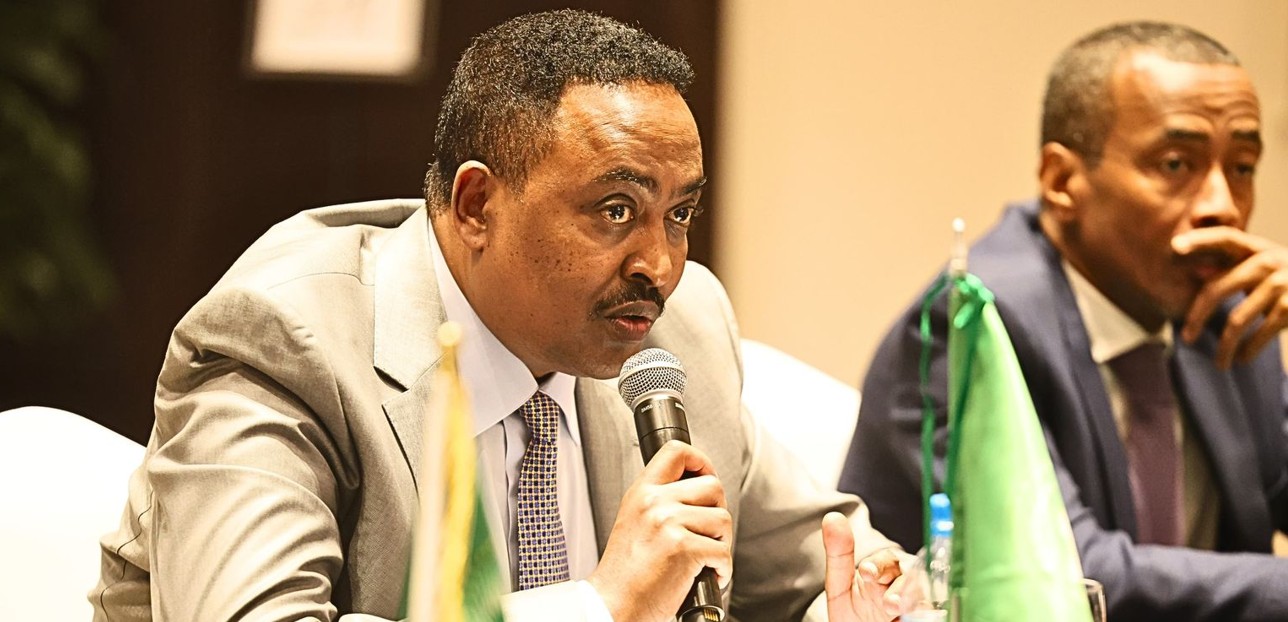Ethiopia–Eritrea tensions flare as Abiy Ahmed declares sea access ‘non-negotiable’
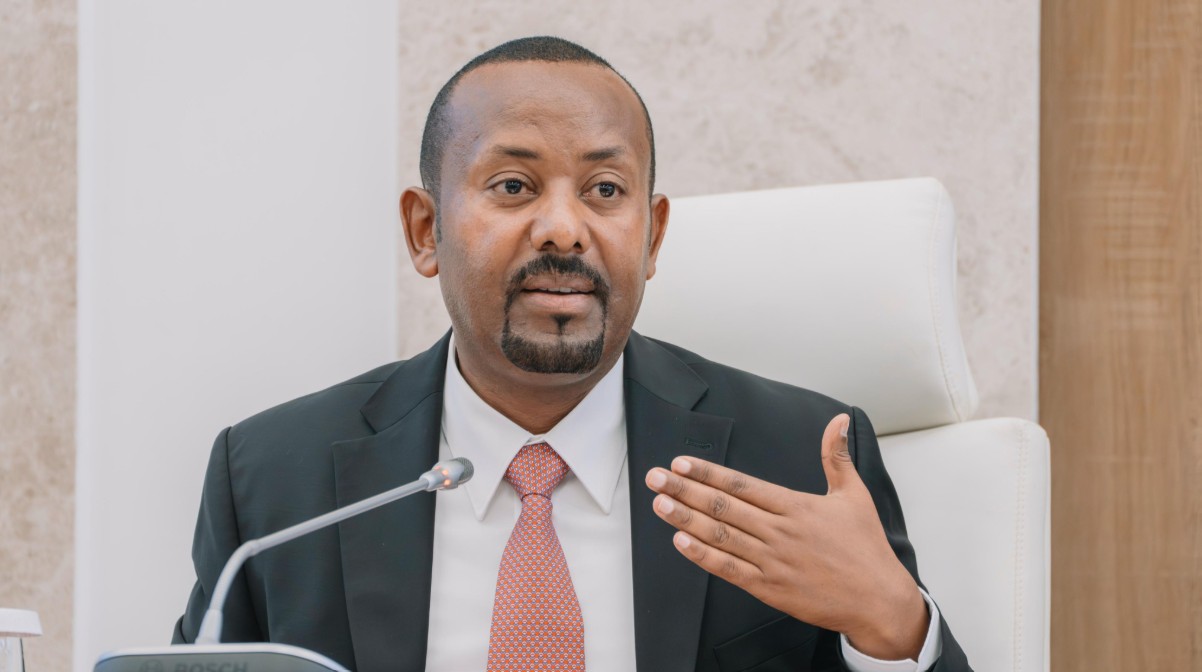
Eritrea, a nation of about 3.5 million people, has in recent years drawn closer to Egypt — another of Ethiopia’s regional rivals — amid ongoing disputes over the Nile and the Grand Ethiopian Renaissance Dam.
Ethiopian Prime Minister Abiy Ahmed — once celebrated for brokering peace with Eritrea and winning the 2019 Nobel Peace Prize — now finds himself in a renewed dispute with his former ally over access to the sea.
Addressing parliament on Tuesday, Abiy reaffirmed that Ethiopia’s quest for sea access is “irreversible,” though he emphasised his commitment to diplomacy.
More To Read
- How control of water shapes power, national security and economic stability across Africa
- Ethiopia has struggled to build national unity: Can its big new dam deliver it?
- Ethiopia and Egypt trade blame over Nile floods amid GERD dispute
- Sudan's capital confronts Nile's wrath in record flood
- From megawatts to malware: Why cybersecurity holds key to securing Ethiopia’s GERD
- Ethiopia submits written clarification to UN Security Council on Egypt’s GERD complaint
“We have no intention of going to war with Eritrea. On the contrary, we are convinced this issue can be resolved peacefully,” he said.
The prime minister disclosed that Addis Ababa has sought mediation from global powers — including the United States, Russia, China, the African Union, and the European Union — to help secure a “lasting solution” to the landlocked nation’s maritime ambitions.
Eritrea has not issued an official response, but Asmara reportedly views Ethiopia’s interest in its southeastern port of Assab as an infringement on its sovereignty.
The two countries share a turbulent past. After Eritrea gained independence in 1993, a border war between 1998 and 2000 claimed tens of thousands of lives.
Relations briefly warmed after Abiy’s 2018 peace accord with President Isaias Afwerki — the landmark agreement that earned him the Nobel Prize — but tensions have since resurfaced.
Eritrean troops fought alongside Ethiopian federal forces during the devastating Tigray war (2020–2022), which claimed an estimated 600,000 lives, according to the African Union.
Since the conflict’s end, relations have deteriorated once more. In October, Addis Ababa accused Asmara of financing armed groups in northern Ethiopia — allegations Eritrea dismissed as “a false charade.”
Eritrea, a nation of about 3.5 million people, has in recent years drawn closer to Egypt — another of Ethiopia’s regional rivals — amid ongoing disputes over the Nile and the Grand Ethiopian Renaissance Dam.
Top Stories Today



